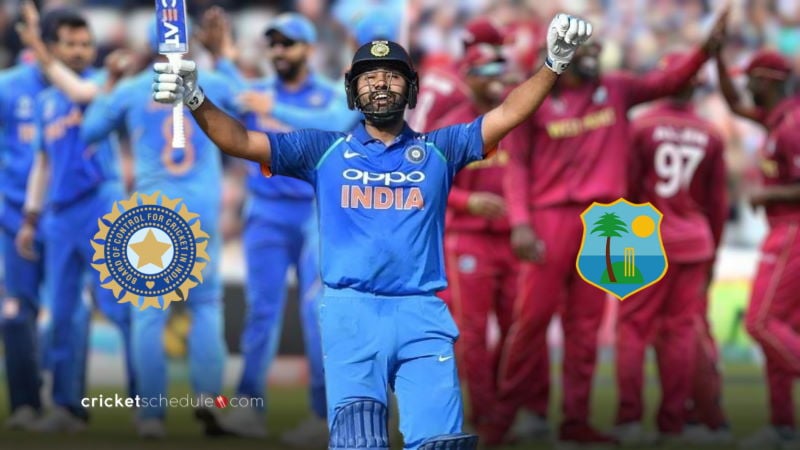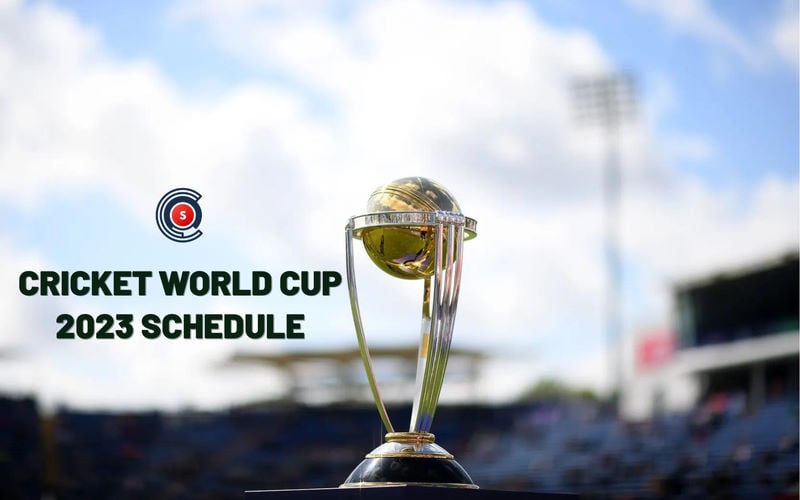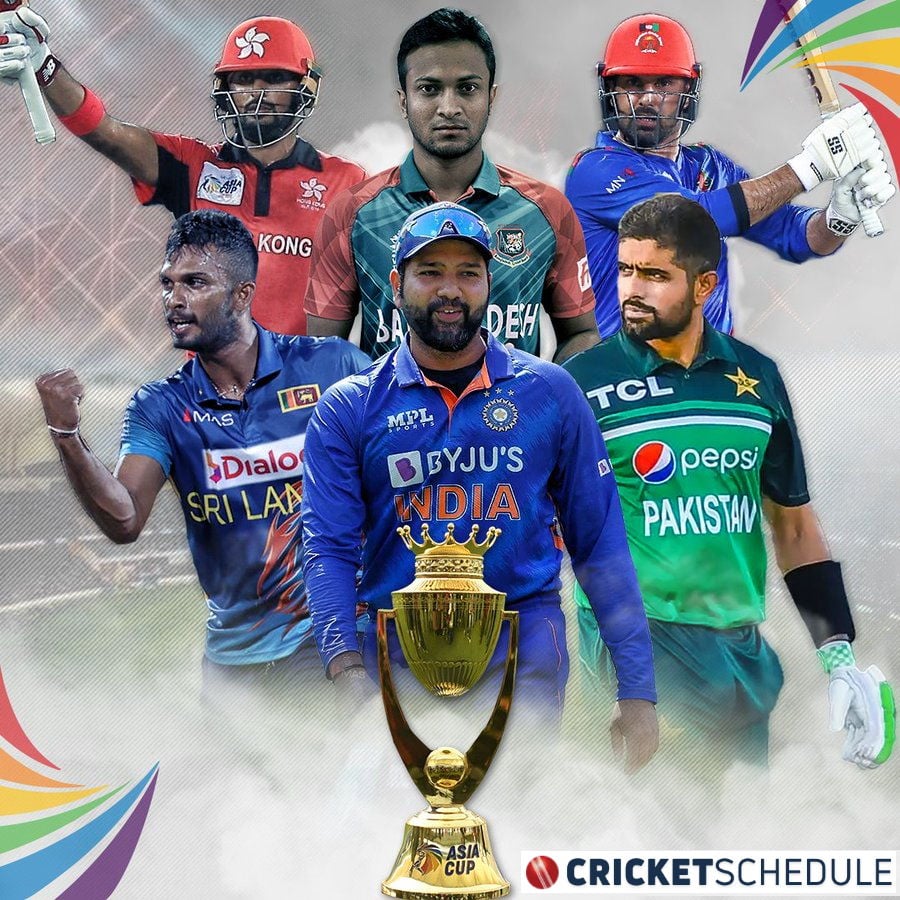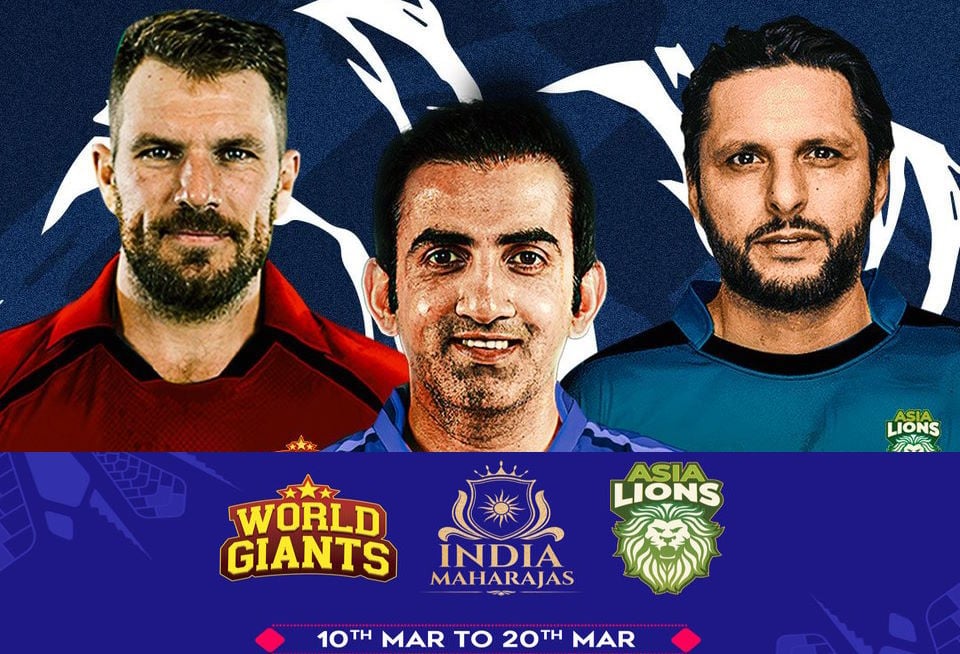
The schedules for the Pakistan Super League (PSL) and Indian Premier League (IPL) are set to overlap this year, creating concerns about player participation and competition between the two leagues. The PSL’s 10th season is scheduled to begin on April 7, coinciding with the ICC Champions Trophy and the IPL, putting players in a dilemma over where to play.
With its significant financial incentives, the IPL is expected to draw many top international cricketers, including those from Afghanistan, Sri Lanka, and Bangladesh. This leaves the PSL potentially missing out on several prominent names. Despite the scheduling conflict, the PSL has announced an exciting roster of foreign players, including Australia’s Steve Smith and Josh Hazlewood, England’s Joe Root and Alex Hales, New Zealand’s Tim Southee, and South Africa’s Rassie van der Dussen, among others.
ALSO READ
The IPL’s financial dominance is underscored by its staggering $6.2 billion broadcasting rights deal (2022–2027), pushing its brand value to an estimated $10.7 billion. In contrast, the PSL’s media rights for 2024–2025 were sold for Rs6.3 billion, with the league’s brand value estimated at $330 million. Despite the disparity, the PSL has grown steadily since its inception in 2016, helping Pakistan Cricket Board (PCB) showcase talent and generate revenue.
The PSL draft for the upcoming season is set to take place in early January, building anticipation among fans. However, franchise owners have raised concerns about profitability. Many cite rising costs, including player salaries paid in dollars, as a significant challenge. When the league began, the exchange rate was Rs106 to the dollar, but it has since soared to over Rs275.
Also See: IPL 2025 | IPL Schedule | PSL 2025 Schedule
Unlike the IPL, where franchises own their teams, PSL franchises remain under PCB control. Franchise owners contribute Rs8.75 million annually to the PCB, and the most expensive players in the platinum category earn approximately Rs700 million.
India’s refusal to play bilateral cricket matches with Pakistan since 2007 is seen as a political move to financially undermine the PCB. However, the PSL has helped the PCB stabilize its finances and earn international recognition. Unlike other leagues in Bangladesh and Sri Lanka, which have faced payment delays for foreign players, the PSL has maintained a clean record in its nine seasons.

 T20 World Cup
T20 World Cup






